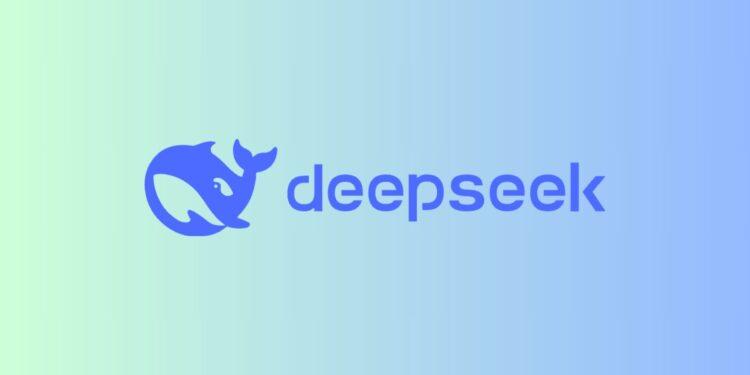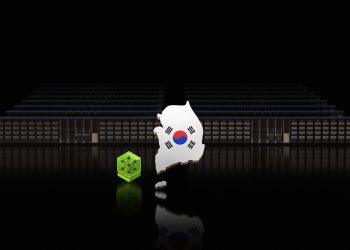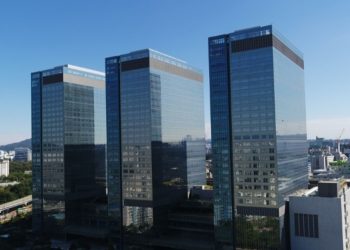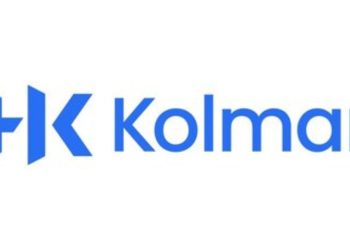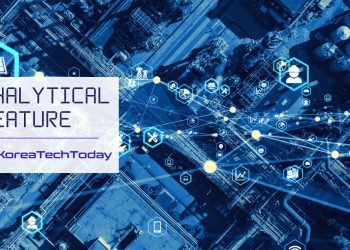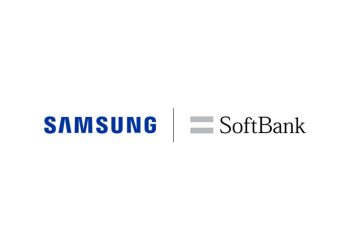South Korea data protection authority announced it will request clarification from DeepSeek, a Chinese AI startup, regarding managing users’ personal data. The move follows the launch of DeepSeek’s R1 chatbot, which the company claims rivals the performance of leading U.S. AI models but with a significantly lower investment. This inquiry adds to the growing global scrutiny over the company’s data practices.
The South Korean privacy watchdog’s action aligns with similar efforts by other nations to seek transparency on how DeepSeek handles personal information. The introduction of the R1 chatbot has raised concerns over data security and privacy, prompting regulatory bodies worldwide to investigate the company’s data protection protocols.
South Korea’s Personal Information Protection Commission (PIPC) is set to send a formal request to DeepSeek regarding its data processing practices. The commission aims to clarify how the Chinese AI company handles personal information, particularly following the launch of its R1 chatbot. The request, expected as early as Friday, comes amid rising concerns globally over DeepSeek’s data security measures. Details of the inquiry have not been disclosed, but it marks South Korea’s active involvement in the growing scrutiny of DeepSeek’s operations.
DeepSeek’s R1 chatbot, touted as a potential competitor to U.S. AI giants, has sparked debate. The chatbot’s performance, on par with leading AI models but at a fraction of the cost, has led to volatility in the tech sector. Stocks of major companies like Nvidia fell sharply in response to DeepSeek’s rise. The rapid development of this AI model has raised critical questions about the massive investments poured into AI technologies and whether data protection is being adequately addressed.
Regulators in Europe have also joined the investigation into DeepSeek’s data practices. Italy’s data protection agency has already blocked the R1 model from processing personal data of Italian users as part of an ongoing probe into its data handling. Authorities are focusing on understanding the nature of the data used to train DeepSeek’s chatbot, especially if the data was scraped from the internet, and whether users have been informed of how their data is being used. Similarly, France’s CNIL announced it would engage with DeepSeek to assess the risks related to its data processing methods.
The concerns over data privacy are not limited to Europe. Australia’s Science Minister, Ed Husic, has voiced his own concerns, urging users to be cautious before interacting with DeepSeek’s AI service. He highlighted the need for greater clarity on how the company manages privacy and data. Husic stressed that such issues must be thoroughly examined, especially as countries worldwide begin to grapple with the privacy implications of rapidly evolving AI technologies like DeepSeek’s R1 chatbot.
DeepSeek’s rapid ascent has stirred volatility in South Korea’s stock market, with fears about its impact on the global AI sector. As markets reopened after a holiday, shares of Samsung Electronics dropped over 2%, while SK Hynix experienced a sharp decline of nearly 12% at one point. Both companies, key suppliers of advanced AI server chips, have been affected by uncertainties surrounding DeepSeek’s potential to disrupt the industry.
Despite the market jitters, some industry experts have welcomed DeepSeek’s entry as a competitive force, viewing it as an opportunity to invigorate the AI sector. Analysts have highlighted the potential benefits of increased competition, which could drive innovation and efficiency within the tech ecosystem. DeepSeek, powered by less-advanced H800 chips previously approved for export to China, has emerged as a cost-effective rival to leading U.S. AI systems, challenging established norms in the global AI race.

